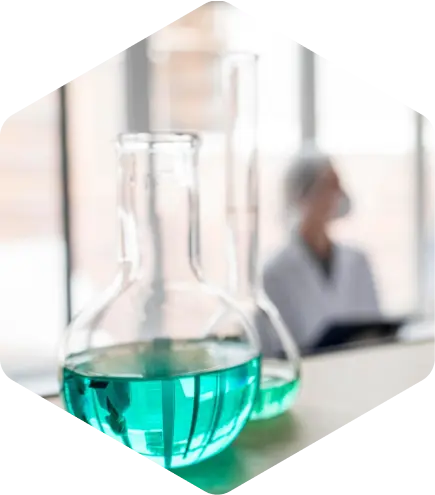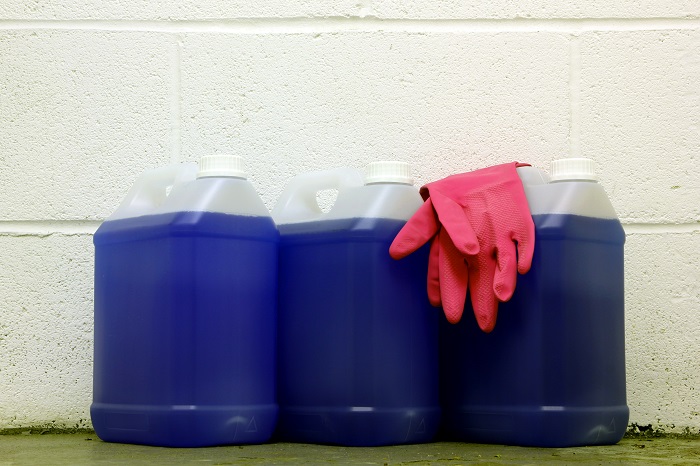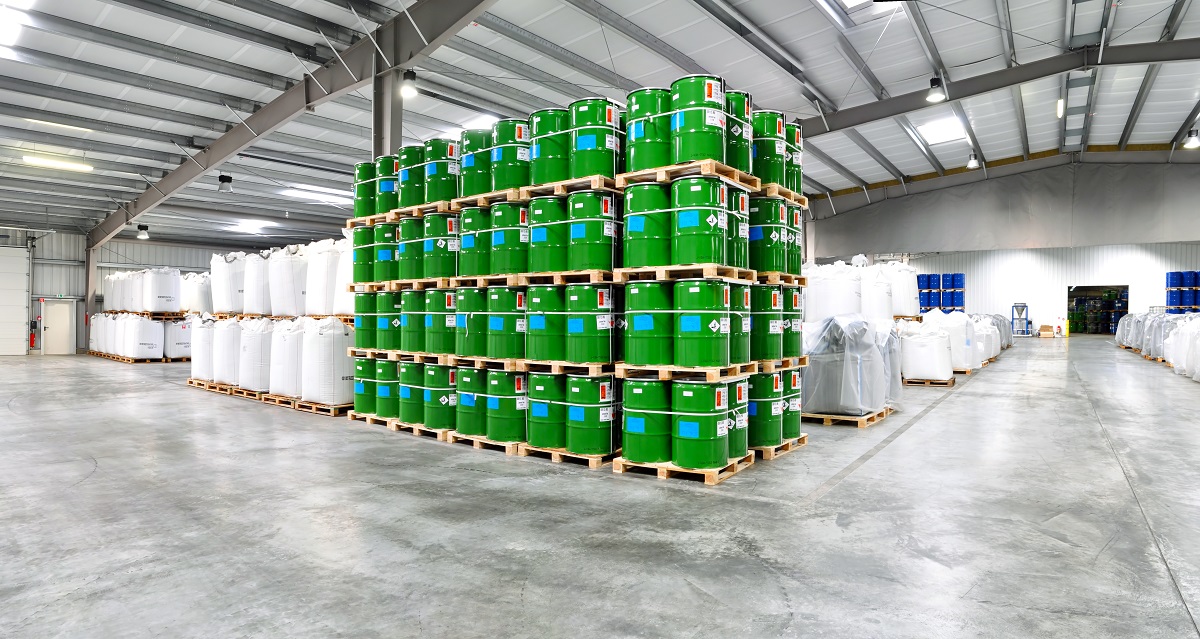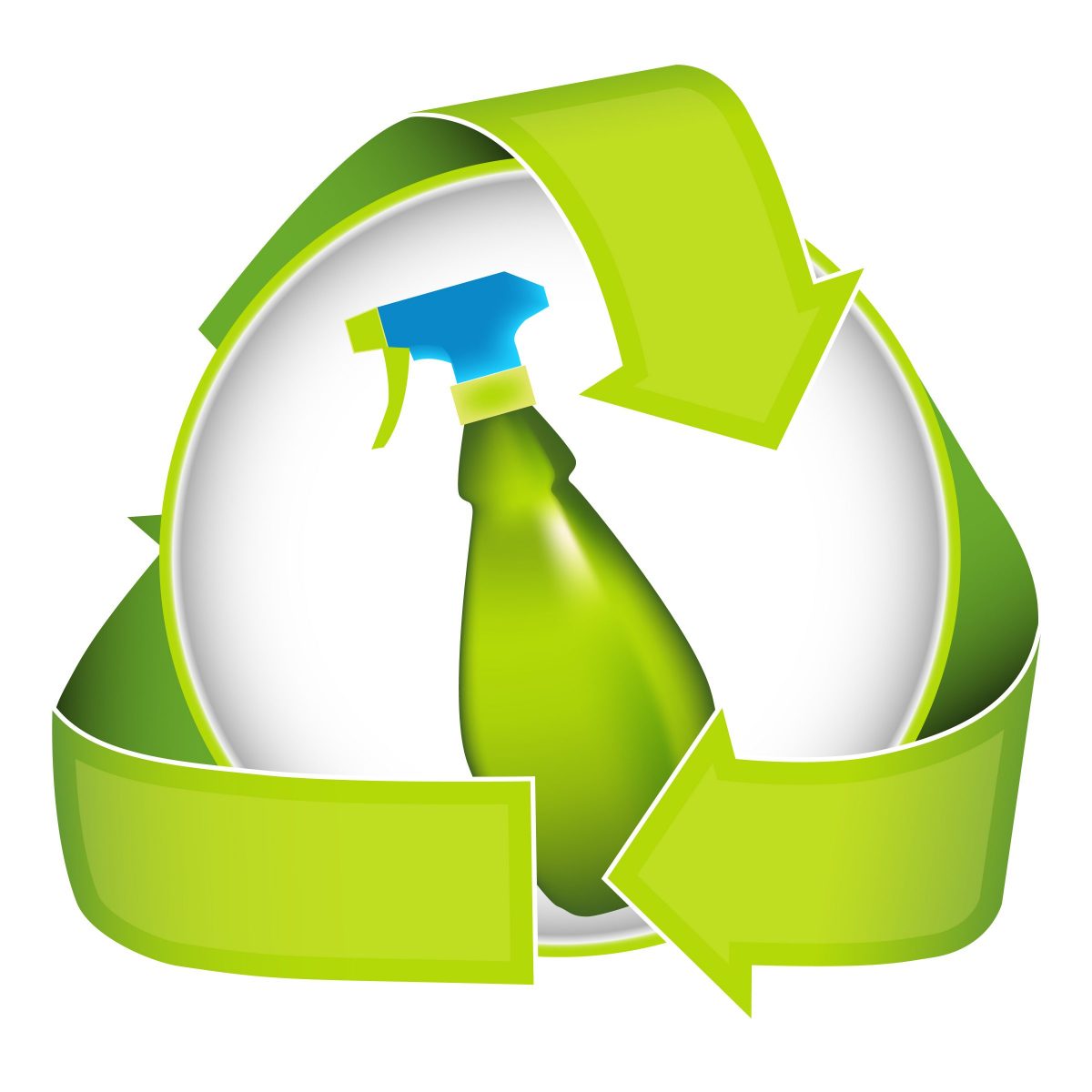Toluene is a hydrocarbon solvent utilized by various industries for different applications, mostly in paint thinners, permanent markers, various...
Blog


CHEMICAL INDUSTRY NEWS
Chemical Chat – Discover What’s New!
Soft Wash Chemicals
What are soft wash chemicals? As the term implies, soft wash chemicals are the necessary component in soft washing that allows you to perform the...
Soft Washing VS Pressure Washing
Knowing the difference between soft washing vs pressure washing is fundamental to using the right service to complete the project you are trying to...
Soft Wash Roof Cleaning
What is soft wash roof cleaning? This is the process by which a soft wash cleaning agent, typically a blend of sodium...
Soft Wash Chemicals
What are soft wash chemicals? As the term implies, soft wash chemicals are the necessary component in soft washing...
Company News

Managed Services
Discover the Latest in Safe and Sustainable Chemical Solutions
Stay informed with Ecolink’s blog! Subscribe now
Chemical Management Information
Stay updated with us
Sign Up for the Latest Updates
Stay informed about chemical supply chain disruptions and emerging innovations to keep your business at the forefront of efficiency and innovation. Uncover new ways to make your business practices more sustainable by incorporating safer products into your cleaning lineup.


























